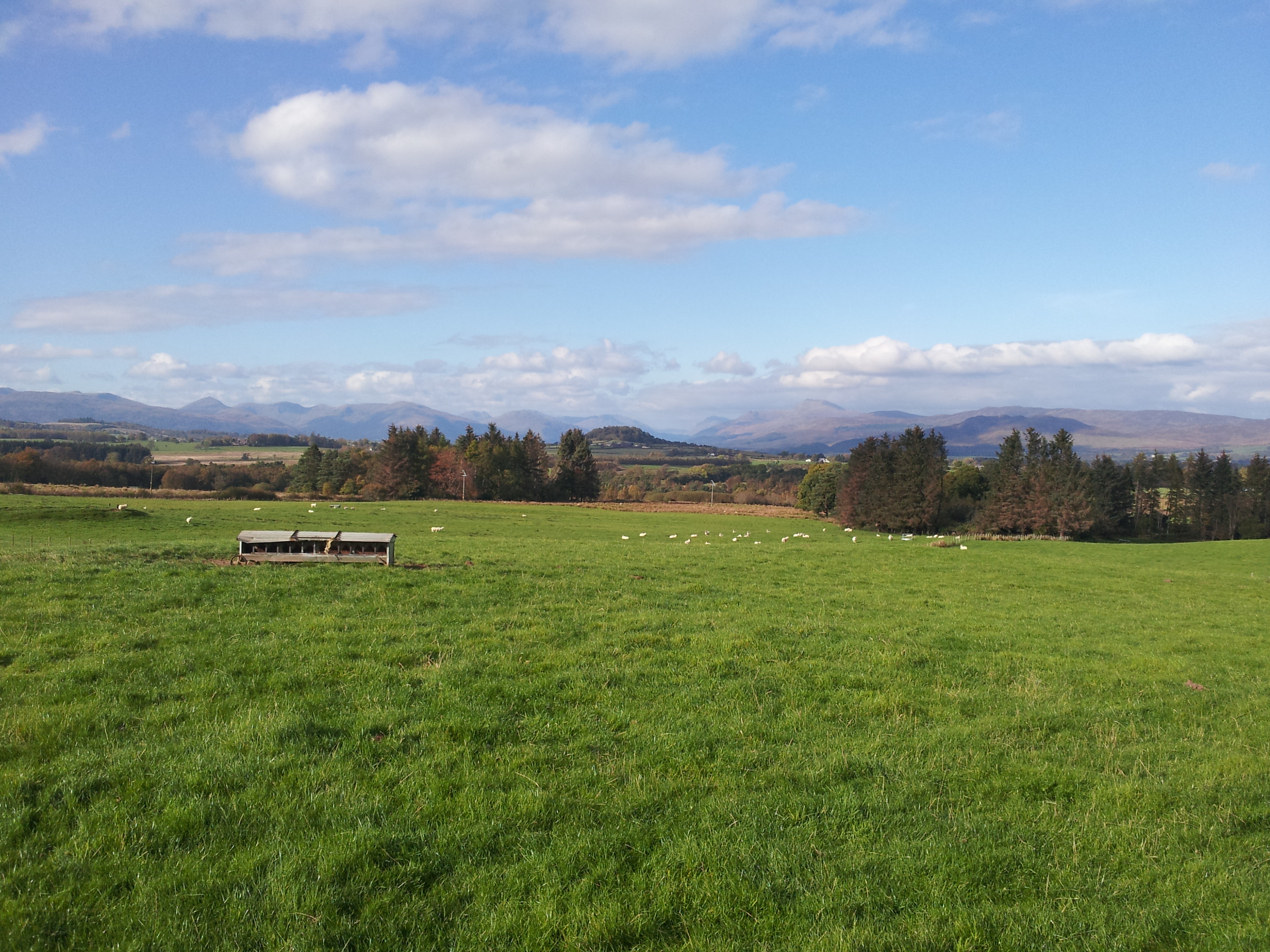
- Soil Association
- Our standards
- Standards innovation: our work
- UK organic aquaculture standards consultation

Updates on Soil Association higher standards for organic aquaculture
Updates to our UK organic aquaculture standards
Following a 60-day consultation that launched in November 2023, the Soil Association has updated its standards for UK organic aquaculture. The changes relate to Soil Association standards for the production of Atlantic salmon.
The changes will:
- align our aquaculture standards with leading organic standard-setters in Europe
- adopt developments in the EU organic regulations into our standards in Great Britain
- enforce recent recommendations made by the UK government’s Animal Welfare Committee
Soil Association salmon licensees must now comply with these changes.
What next for Soil Association aquaculture standards?
As part of our ongoing review, we have convened a group of experts to look in more detail at welfare for farmed salmon in the UK. They will examine the best available expertise and research, and establish what good welfare looks like for farmed fish.
The welfare panel will also look at the impact on the environment and on other marine species, including wild salmon.
The panel consists of experts who are independent of both the Soil Association and salmon farming businesses. They include academics, and welfare and fish health experts.
We expect to have an update on this process in Spring 2025.
Why do we set standards for organic aquaculture?
Fish, shellfish and seaweed are a vital source of food for millions of people around the globe. They are also used in non-food products like cosmetics and packaging.
The farming of fish, shellfish and seaweed is called aquaculture. It's responsible for over half of the global supply. We want to ensure organic aquaculture is as sustainable as possible.
Organic aquaculture is guided by the organic principles of health, ecology, fairness and care.
Its goal is to work with ecological systems to provide a good life for all farmed animals and produce healthy food that pays farmers fairly. Organic aquaculture standards are strict requirements to make this happen.
You can find out more about the proposed changes below. For detailed information, please download our current standards for aquaculture.
What changes have we made so far?
Cleaner fish
Our licensees will now be subject to improved requirements to protect Wrasse and Lumpfish species. These are species of fish kept with Atlantic salmon to reduce parasites and avoid reliance on chemical treatments. These standards cover the species allowed on organic farms, their sourcing, management of their health and welfare as well as humane slaughter. New recommendations from Defra’s Animal Welfare Committee are written into the standards and will be enforced.
CCTV
The 2023 update to the Animal Welfare Committee’s recommendations includes the requirement for CCTV in fish slaughter facilities. CCTV recordings need to be saved and made available for at least 90 days.
Sea lice
We now require organic salmon producers to protect wild salmon and sea trout by adopting preventative management practices before and during defined sensitive periods during the spring migration of wild salmon. Organic producers will need to show that sea lice levels on organic aquaculture farms are kept below locally agreed thresholds.
Mortality
Organic sites will need to notify Soil Association Certification within 72 hours if mortality levels on-farm or during transport exceed the Code of Good Practice for Scottish Finfish Aquaculture.
Conversion
Aquaculture sites in the process of converting to organic production will only be allowed to stock organic aquaculture animals. This will make sure organic animals in the food supply chain have been managed to organic standards for life.
Data reporting
We have increased the requirements for licensees to provide us with data to guide the development of the Soil Association Aquaculture standards. More data will give us the evidence needed to further drive standards higher.
Page last updated: November 2024.
For more detailed information, please read our summary of proposed changes to the standards.
For more technical context, please contact standards@soilassociation.org.
